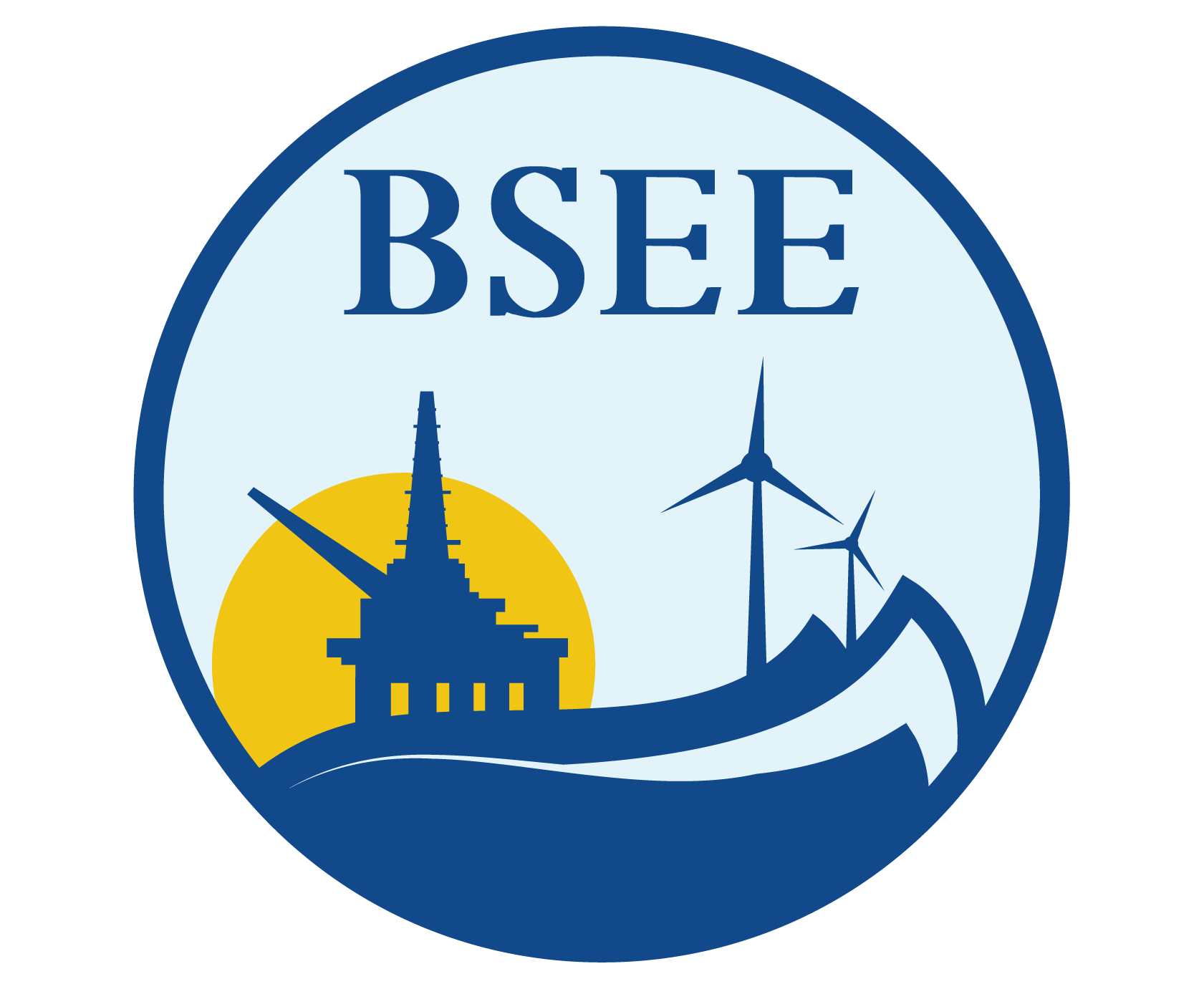The objective of this project is to perform a comprehensive analysis of the adhesion processes between oil or ice-in-oil mixtures and various surface patterns and materials that are being used or proposed for use in oil skimmers, under cold climate conditions. This knowledge will help develop mechanical response equipment that can be efficiently used under these conditions. The work will include bench scale studies in our laboratory as well as field testing.
Following the laboratory tests, we will select the materials and surface patterns that performed best under cold climate conditions, and perform a full scale oil spill recovery test at the U.S Army Corps of Engineers, Cold Regions Research and Engineering Laboratory, in Hanover, NH. This will provide valuable information about the correlation between the laboratory tests and full scale experiments, as well as demonstrate the potential of the proposed skimmer modifications under conditions similar to response operations.
Oil adhesion experiments to novel skimmer surfaces under cold climate conditions were conducted at the University of California, Santa Barbara to examine surface geometry and materials tailored to conditions present in cold climates. A series of full-scale oil spill recovery experiments were conducted February 26-March 9, 2007 at the U.S. Army Corps of Engineers Cold Regions Research and Engineering Laboratory (CRREL) in Lebanon, NH. The goal of the experiments is to provide actual data as to the effects of oil adhesion on different drums on oil skimmers under varying conditions (oil types, ice/no ice, drum rotation speed, etc.).
The final project report has been accepted by MMS. This project is complete.
